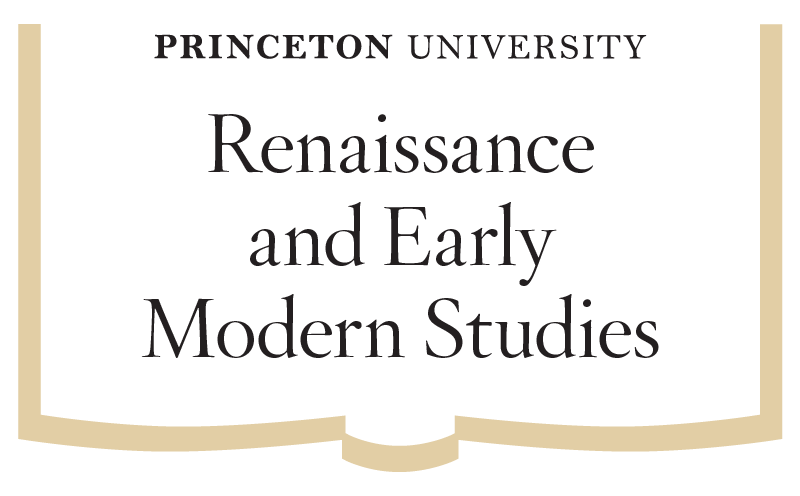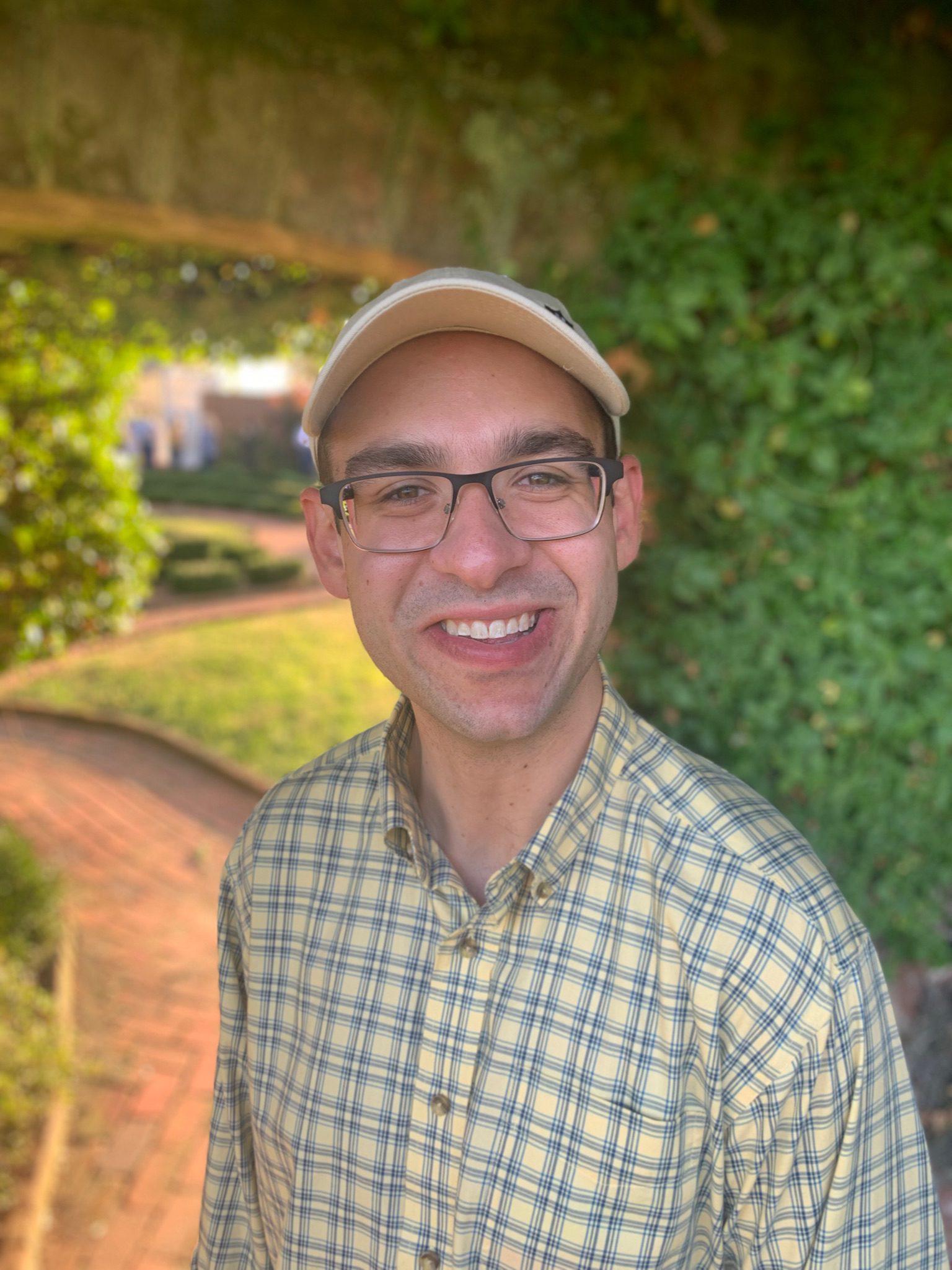ptoscano@princeton.edu
Pasquale Toscano is an aspiring scholar/critic, teacher, and writer, especially on disability, whose work has appeared in The New York Times, The Atlantic, and Vox, among other publications. A graduate of Washington and Lee University (2016), he earned two master’s degrees, in English (1550-1700) and Classics, from the University of Oxford as a Rhodes Scholar and is now an English PhD candidate at Princeton. His research interests include Milton, disability studies, the (neo)classical epic tradition, Black classicism, and Tudor/Stuart drama (especially Roman plays and Shakespearean tragedy). Though he writes about them less frequently, he’s likewise a fan of contemporary fiction, such as Marilynne Robinson’s and Elizabeth Strout’s, as well as musical theater. Pasquale’s scholarship, and creative nonfiction, has either been published or is forthcoming in Disability Studies Quarterly, Reformation, the Classical Receptions Journal, SEL: Studies in English Literature 1500-1900, and the Huntington Library Quarterly, while many of his public-facing essays can be found in Synapsis: A Health Humanities Journal, for which he’s a contributing writer.
Current projects include a chapter on the aesthetics and epistemologies of incapacity in George Herbert’s The Temple (The Oxford Handbook of George Herbert) and another on psychological alterities in Ben Jonson’s Catiline for an essay collection exploring madness in early modern drama. He is also at work on his dissertation, tentatively entitled “‘Stand and Wait’: Dynamics of Dis/ability in the Epic Tradition from Homer to Wheatley Peters.” This reevaluation of heroic poetry investigates why nonnormative corporeality prompts such formal and thematic anxiety in this most authoritative, and norming, of genres. Retheorizing the epic’s reception history as one of in/access, Pasquale shows that throughout heroic verse runs an ableist tendency to broach the lived reality of disability so that it can be eliminated straightaway, alongside a concomitant need to dramatize scenes of healing and, later, of rehabilitation. Epicists can rarely execute these purgative moves seamlessly, however, and sometimes even index their relationship to the tradition by foregrounding a failure to do so. In these cases, they often slide into a mode of what Pasquale is calling “crip renovation”—a reconstruction of the standard relationships between heroism, form, and temporality that begins rendering the genre accessible at least to certain kinds of atypical bodyminds. Texts discussed will likely include the Homeric epics, Virgil’s Aeneid, Ovid’s Metamorphoses, Spenser’s Faerie Queene, and Milton’s Paradise Lost, along with less predictable interlocutors such as Aelius Aristides’s Sacred Tales, Vida’s Christiad, Phineas Fletcher’s Purple Island, Lucy Hutchinson’s Order and Disorder, Olaudah Equiano’s Interesting Narrative, and (what Pasquale has dubbed) Phillis Wheatley Peters’s “Little Columbiad.”
Teaching is also important to Pasquale. He designed a course, “Literature and Psychology,” for Oxbridge Academic Programs in 2018, has served as an AI here at Princeton, and in the fall of 2022 is co-teaching introductory composition as part of the Prison Teaching Initiative. He can’t wait for other opportunities to work with students and hone his pedagogy as well.
Additional information about Pasquale, including his CV, can be found on Academia.edu.













